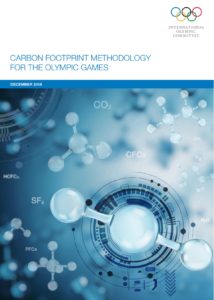
Since the mid-2000s it has become standard practice for Olympic Committee of the Olympic and Paralympic Games (OCOGs) to measure the carbon footprint of their respective Olympic and Paralympic Games projects. However, the methodologies used have been inconsistent, which lessens the transfer of knowledge potential from one Games to another, as well as causing successive OCOGs to start from scratch. This Guide has been developed to assist and facilitate OCOGs in addressing the measuring of greenhouse gas emissions with a consistent methodology and to shorten inevitable learning curve in this field.




The Role of Small-Scale Sports Events in Developing Sustainable Sport Tourism
This report highlights the demand side of the sport tourism market, investigating the behavioral profile of the participants of an international fencing tournament. It identifies and discusses issues regarding the role of sports organizations and tourism agencies in cities hosting such events to increase the sustainable tourism potential of small-scale sports events in the future.




Sustainable Sport and Event Toolkit (SSET)
The SSET is a project initiated by the Vancouver Organizing Committee for the 2010 Olympic and Paralympic Winter Games (VANOC) and the International Academy of Sports Science and Technology (AISTS) in Lausanne. It is currently being developed with the assistance of the International Olympic Committee (IOC), European Athletics and other partners from the world of sport.



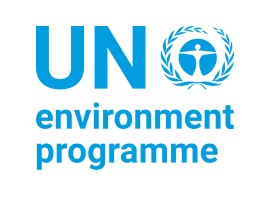
The United Nations Environment Programme (UNEP) is the leading global environmental authority that sets the global environmental agenda, promotes the coherent implementation of the environmental dimension of sustainable development within the United Nations system, and serves as an authoritative advocate for the global environment. UNEP mission is to provide leadership and encourage partnership in caring for the environment by inspiring, informing, and enabling nations and peoples to improve their quality of life without compromising that of future generations.




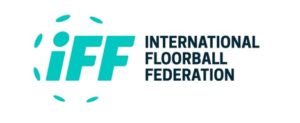
IFF Sustainability
The IFF has been carrying out sustainability projects in the past, the biggest success being the ECO-Compass label for the Women’s World Floorball Championships […]


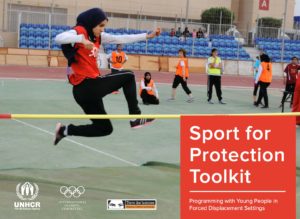
Sport for Protection Toolkit – Programming with Young People in Forced Displacement Settings
This toolkit represents the next step in an ongoing collaboration that aims to better understand the role that sport can play in the protection and well-being of refugee and internally displaced young people. It builds on more than 20 years of work between UNHCR and the International Olympic Committee to bring sport to some of the world’s most disadvantaged young people. In September 2017, the IOC, supported closely by UNHCR, launched the Olympic Refuge Foundation. The goal is to harness the power of sport to strengthen the protection, development and empowerment environments for vulnerable children and youth.




Environmental leadership is an increasingly important issue for all sport stakeholders and major sport events. Environmentally conscious operations are no longer solely a focus of visionary thinking, but have become a vital operational and economic requirement for federations, teams, rights holders, host cities, leisure activities and partners linked to the sport movement. UEFA, WWF and the Green Sports Alliance have led the development of a report which is designed to bring together good practices by key stakeholders of the sport movement: from federations, teams, fans, sporting goods manufacturers and venue operators, to sponsoring partners, environmental organisations and policymakers. Its main objective is to highlight innovative solutions which enhance the environmental and sustainable performance of sports.

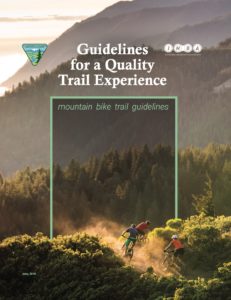
Guidelines for a Quality Trail Experience
IMBA was founded in 1988 by a group of California mountain bike clubs concerned about the closure of trails to cyclists. These clubs believed that mountain biker education programs and innovative trail management solutions should be developed and promoted. While this first wave of threatened trail access was concentrated in California, IMBA’s pioneers saw that crowded trails and trail user conflict were fast becoming worldwide recreation issues. This is why they chose “International Mountain Bicycling Association” as the organization’s name.


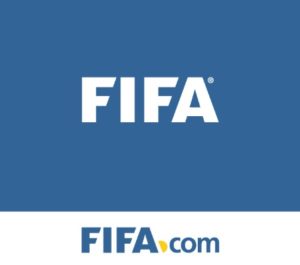
In 2016, FIFA created an annual award to recognise an outstanding organisation, initiative or football personality that stands up for diversity and anti-discrimination in football at national or international level and on a sustained basis. At the 2017 award ceremony in London, FIFA Secretary General Fatma Samoura presented the trophy to US organisation Soccer Without Borders (SWB), who are using football as a tool for capacity building with refugees in the USA, Nicaragua and Uganda. SWB was chosen ahead of the other finalists, the Kenyan organisation Moving the Goalposts, the international network Discover Football (Germany) and the Indonesian organisation Uni Papua Football Community.

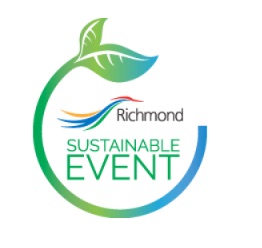
Richmond (Vancouver) Sustainable Events Toolkit
Sustainable Event Toolkit, developed by the City of Richmond and the Richmond Olympic Oval providing event organizers with guidance and resources to improve the environmental , social, and economic impacts associated with their event.



